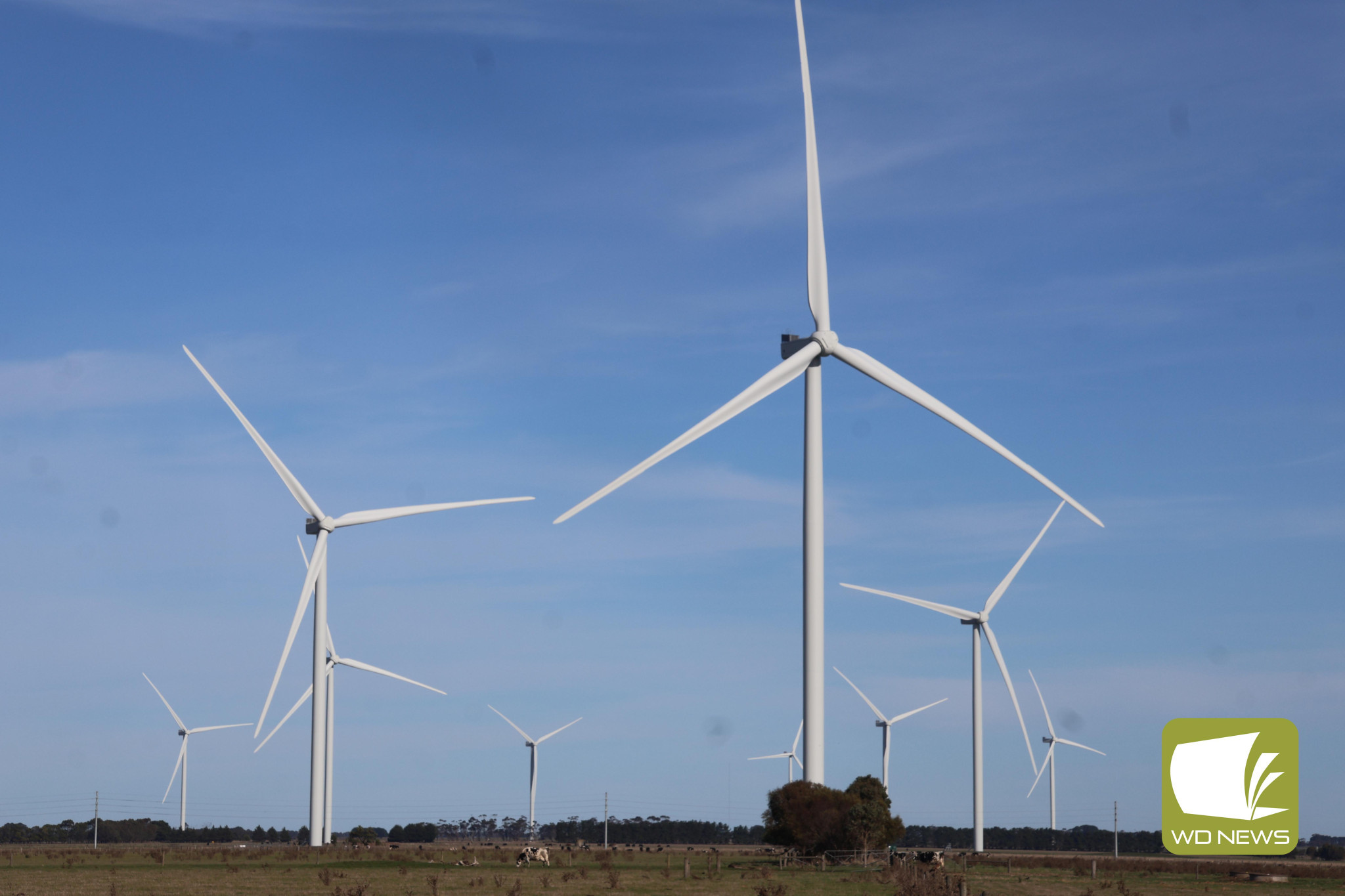General News
8 August, 2024
VFF slams process for transmission, renewables
THE Victorian Farmers Federation (VFF) has raised concerns the consideration of the social, economic, and environmental impacts on agriculture and farm businesses is being ignored when the State Government grants powers of access for developments such as mining and electricity transmission.

FF president Emma Germano has called on the Victorian Government to improve the Environmental Effects Statement (EES) process to ensure it properly considers impacts on food and fibre production.
An EES is required under the Environment Effects Act 1978 to assess the environmental impacts of a project, such as wind farm or energy transition, to help inform the Minister for Planning in the planning process.
“Time after time, we’ve seen the very real concerns of farmers and communities ignored in the face giant mining and energy companies that have caused a lack of trust and confidence the current EES process which is meant to protect all elements of the environment,” Ms Germano said.
“We’re concerned the government is not ensuring that the EES process considers the ongoing impacts that projects can have on agricultural production and farm businesses. Farmers are being steamrolled as a result.
“It’s the government’s job to ensure the process is right and that’s clearly not happening. With the huge amount of renewable energy, transmission and mining developments planned for Victoria, we need this fixed now.”
Ms Germano said the VFF had written to Minister for Planning Sonya Kilkenny and Minister for Energy and Resources Lily D’Ambrosio to recommend a range of proposed solutions.
“We’ve outlined to the government the basic need to include agriculture industry experts being part of any EES technical reference group for a development proposal on farmland,” she said.
“Too often there is no agricultural knowledge included to ensure that EES scoping documents, terms of reference and draft studies properly consider how to avoid impacts on agricultural production and how to ensure fair compensation where impacts cannot be avoided.
“In addition, communities need to be supported to respond to what is often a highly technical process.
“Farmers are forking out thousands of dollars to hire experts to try and understand the negative environmental consequences for them and their businesses. At the same time, the companies proposing the development have deep pockets.”
Ms Germano said subsidised funding was needed to ensure groups could retain expert advice.
“The government must consider making funds available to community groups so they can retain the technical experts to provide greater balance to the process,” she said.
“We see these as solutions for the government to introduce and we will continue to push for their immediate introduction into the process.”